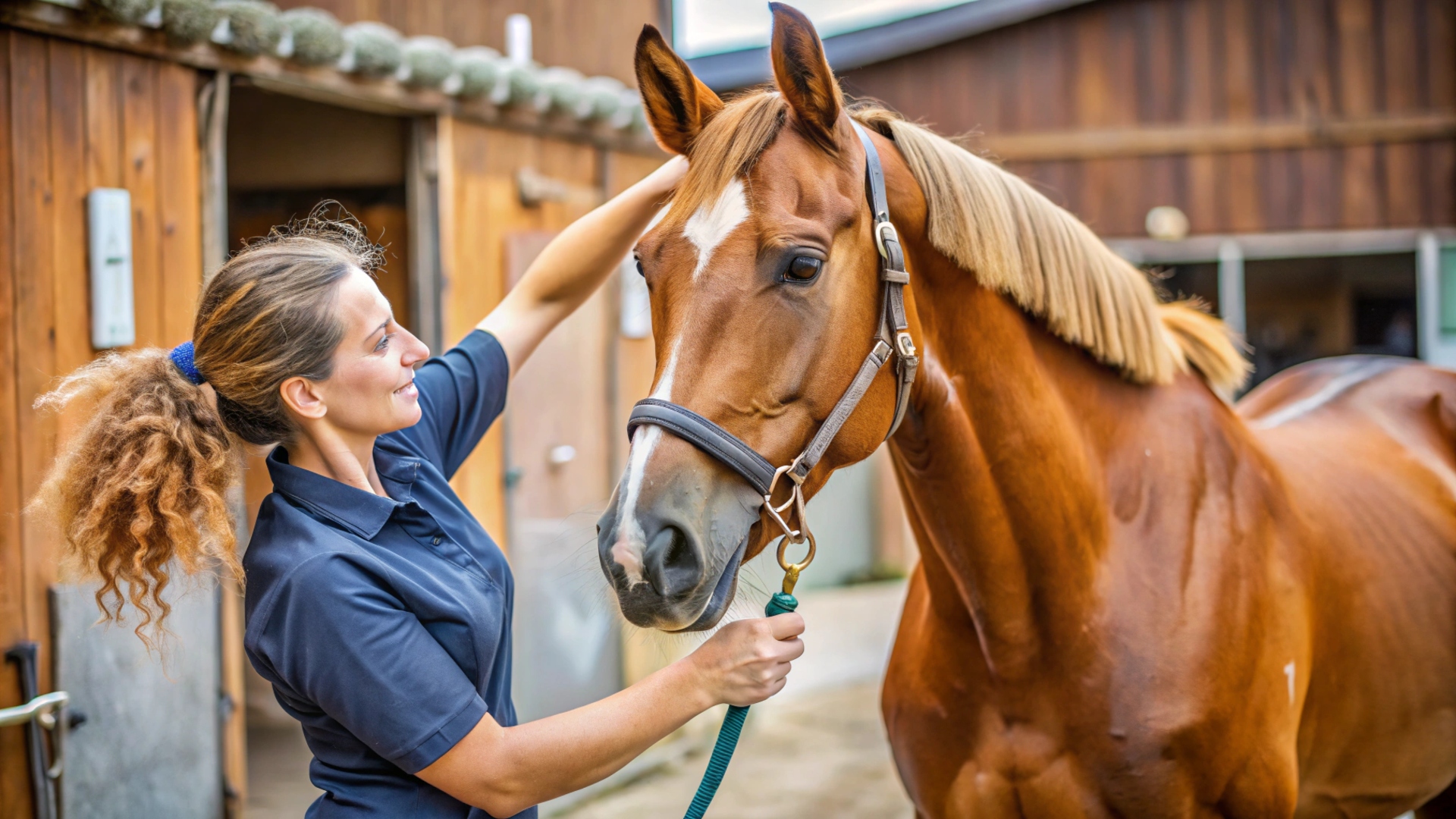
Rider nutrition tips to stay on top of the equestrian game
Often, we feel guilty for focussing on our nutrition in favour of our horses, but both are crucial to fuel our body during peak performance at equestrian competitions. While horse diets are planned in detail, riders do not always follow the same pattern.
Riders could skip breakfast, reach out for sugary snacks when their energy level drops or neglect their nutritional needs, negatively affecting their performance and outlook in the longer term. According to British Equestrian nutrition consultant Dan Martin, having an organised dietary approach will have its benefits in any discipline.
“It’s easy to find excuses not to eat well, but while the health benefits of good nutrition are well known, many riders underestimate how their diet can influence not just their own performance, but that of their horse.” -Dan Martin
For example, if you eat well and make sure you have a balanced diet you will be riding at the optimum body weight for your shape and height. As show jumping is sometimes described as an ‘anti-gravitational’ sport, the heavier an object, the more force is required to get into the air. Getting light enough to help the horse with enough energy and strength to control him might mean improving your overall health by gaining or losing weight.
Keeping it simple
There is no need for a crash diet or for complex meal plans. Healthy eating does not mean trying out nothing too fadd, says Dan, but instead to have a sensible approach that can fit into a busy lifestyle.
If you struggle, you can begin with one good habit, and then build this to two or three. The reward will then come when you reach landmarks and goals. This could be seeing your weight come down or your energy increase.
“Start each day with a decent breakfast that includes slow-release carbohydrates, such as porridge, with a source of protein like milk or Greek yogurt and perhaps a few berries. Lunch could be a meat-filled sandwich, combining protein and carbs.”
If you have a very busy lifestyle or don’t usually have lunch, you can have something small every 1.5 or 2 hours. This will allow you to refuel your energy throughout the day. Examples of healthy snacks include: malt loaf, half a bagel with peanut butter or jam, hard-boiled eggs, and protein-based yogurts.
Proteins and water intake
For your evening meal, make sure you base it around protein so it aids in your muscle repair. Add two to three portions of vegetables and little to no carbs if possible. As this is your least active time, dinner should be less heavy on carbs. However, make sure that if you did not eat adequately during the day, you will need these carbs to refuel.
Also, drinking enough water throughout the day is important when you are sweating all day. You might lose fluid and electrolytes during exercise, so hydrating or rehydrating is key. Avoid drinking your calories in the form of sugary drinks and limit your caffeine intake in the morning. This will avoid sleep disturbances.
When it is time to compete and you have not prepared your meals properly, calorie-dense foods may be your only available option. If this is the case, plan carefully to suit your needs and goals, and if possible try avoiding a high-carb meal in the evening.
If you feel like you need to top up your carbs and immediate energy needs just before entering the ring, then having Jelly Beans or a flapjack will not do harm for the day. The important thing is you are properly fuelled and feel comfortable to perform.
After the event
The first main meal right after the event should balance proteins, carbs and micronutrients (vitamins and minerals). This will allow you to repair, so aim for fewer carbs and higher protein. Also, foods that reduce inflammation are ideal. For this reason, aim for fruit and vegetables: dark green and red vegetables and dark berries.
Try working towards your optimum weight: if you have to lose weight, try to consume 500kcals less per day than you’re burning. If your goal is to gain it, then consume 300kcals more. Technology such as Fitbit or Garmin watches can help you estimate these amounts at your wrist.
Do you practice eventing? This sport is particularly demanding, as when you race, every extra pound carried over a mile equals one horse length deficit at the finish. This means that if you are a few pounds over the optimum, time penalties can add up around a four-mile cross-country course.
Do you practice dressage? Anything done to lighten the load of horses is a bonus, as it causes the horse less undue stress and reduces long-term wear and tear.
The dangers of sugar cravings
A key factor that influences success is your ability to make rational decisions when eating. Perhaps dodgy dietary habits are undermining your motivation. As foods high in sugar give us an instant feel-good hit, we become dependent on this and develop cravings.
However, it is a downward spiral, as then we feel bad about eating this food and the choices we make and our mood becomes low. Breaking the cycle is important for establishing good habits, yet riders struggle to address these issues because they might not always see themselves as professional athletes.
If you are making a living out of riding, then you are a professional athlete, and you should start treating yourself this way.
Are you having a nutritious and balanced diet to prepare for equestrian competitions? Share us your nutritional tips on our social media, we are on Facebook, Instagram and Twitter.
Images from FEI and image banks












_v2.svg)
_v2.svg)









_v2.svg)


